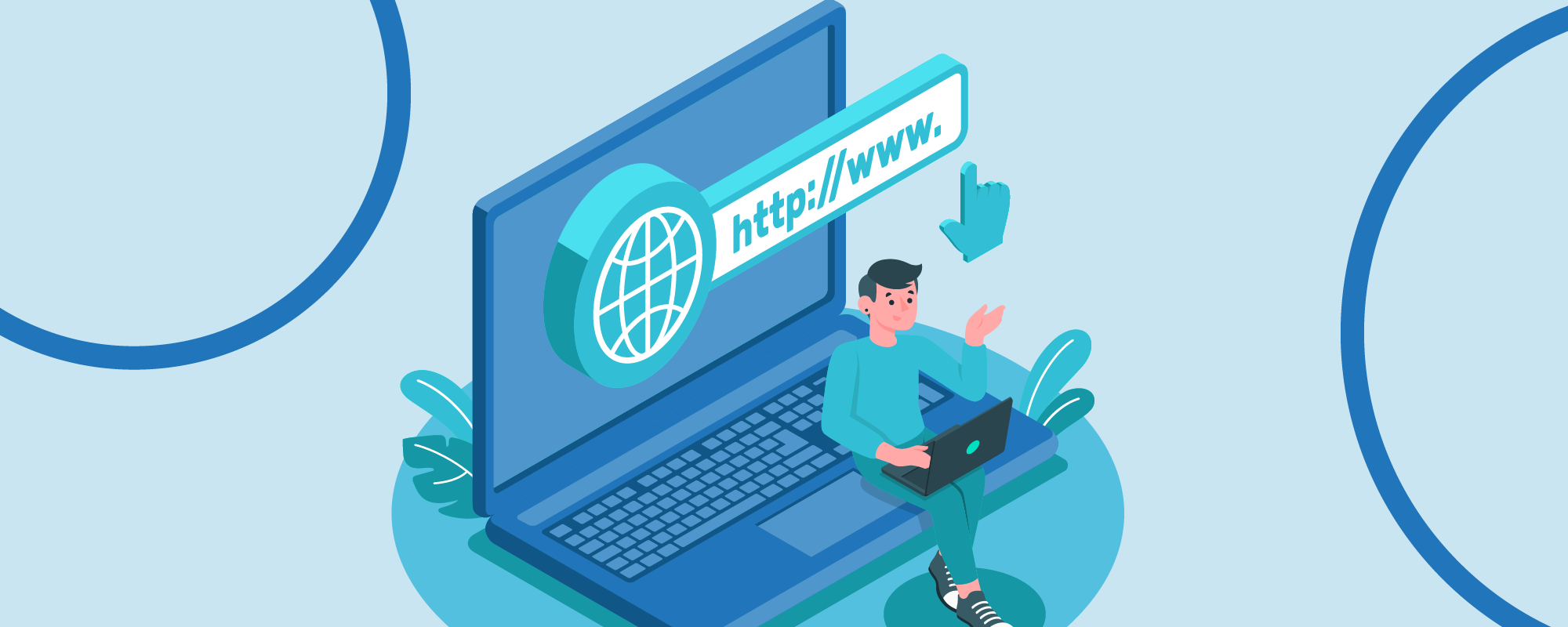
Why Webpage Loading Speed Matters
The Internet and websites are created for convenience. Be it for disseminating information, gathering information, for communication and the like, we want it done efficiently and at the soonest time possible.
Patience is a virtue..except when it has something to do online.
With that said, webpage loading speed plays a significant part in your website’s page views, user experience, conversions and customer satisfaction.
Why it’s important to improve site loading speed
The user experience is a huge factor in your visitor retention. If loading speed leaves much to be desired, then your visitors are more likely to leave your website without even checking its content, thus harming your conversion. Slow loading websites kill conversion. In fact, it is said that most users expect websites to load in two seconds or less. Any more than that and they will abandon your website. With that said, faster loading websites gain more sales because they offer the convenience of ensuring that your buyers’ transactions will not be slowed down.
Another importance of improving website speed is that it influences your visibility in search engines. Google takes website loading speed into consideration when ranking websites especially on how fast they load on mobile.
How do I determine the best load time?
According to Google, the best page load time is 3 seconds or less with a probability of a bounce increase of 32% as compared to 5 seconds (an increase of 90%), 6 seconds (an increase of 106%), and 10 seconds (an increase of 123%). The numbers alone show a significant amount of difference.
How to improve site loading speed
Of course, there’s always a way to solve the site loading speed dilemma. The process and results may seem daunting, but the long-term benefit to your website is worth it. To help you kickstart fixing your website, here five simple ways to start with.
Optimize your images
You might think this is easily done by making of use of CSS or any other tool to scale your images down. The thing is, even if you have done that, browsers will still load those images at their full size which still affects the loading speed.
What you can do to solve this dilemma is to compress your images. Doing this will reduce the image size, but will not affect the image quality.
Make use of browser caching
Over the course of time, you will have users who will visit your website more than once. So, why make them download the data every time they load a webpage, right? This is where browser caching comes in.
Want to know more about browser caching? Check out our other article!
Make use of compression
Compression enables your webpages to be reduced in size making them to load faster as opposed to not compressing. Remember that your website’s data has HTML and CSS files which adds the bulk to the data your visitor has to download when visiting your site.
Allowing compression depends on your webserver and its settings, however. To do this, you will have to contact your host and consult on what can be done in terms of webpage compression.
Summary
Over the years, webpage sizes continue to grow as online users begin to demand better quality UX. Not only that, but marketing demands will require us to install third-party analytics to help us analyse data. All those demands will weigh down our websites at some point. Remember that a single second more when it comes to website loading speed means less conversions. It is up to us to make sure that does not happen.
What are your tried-and-tested page loading time fixes? Care to share them below?
If you want to know more about website loading speed, how it affects your business and how you can improve your website loading speed, drop us a line!
About SiteSpot
SiteSpot is a website management system that makes writing, designing and maintaining your site a breeze.